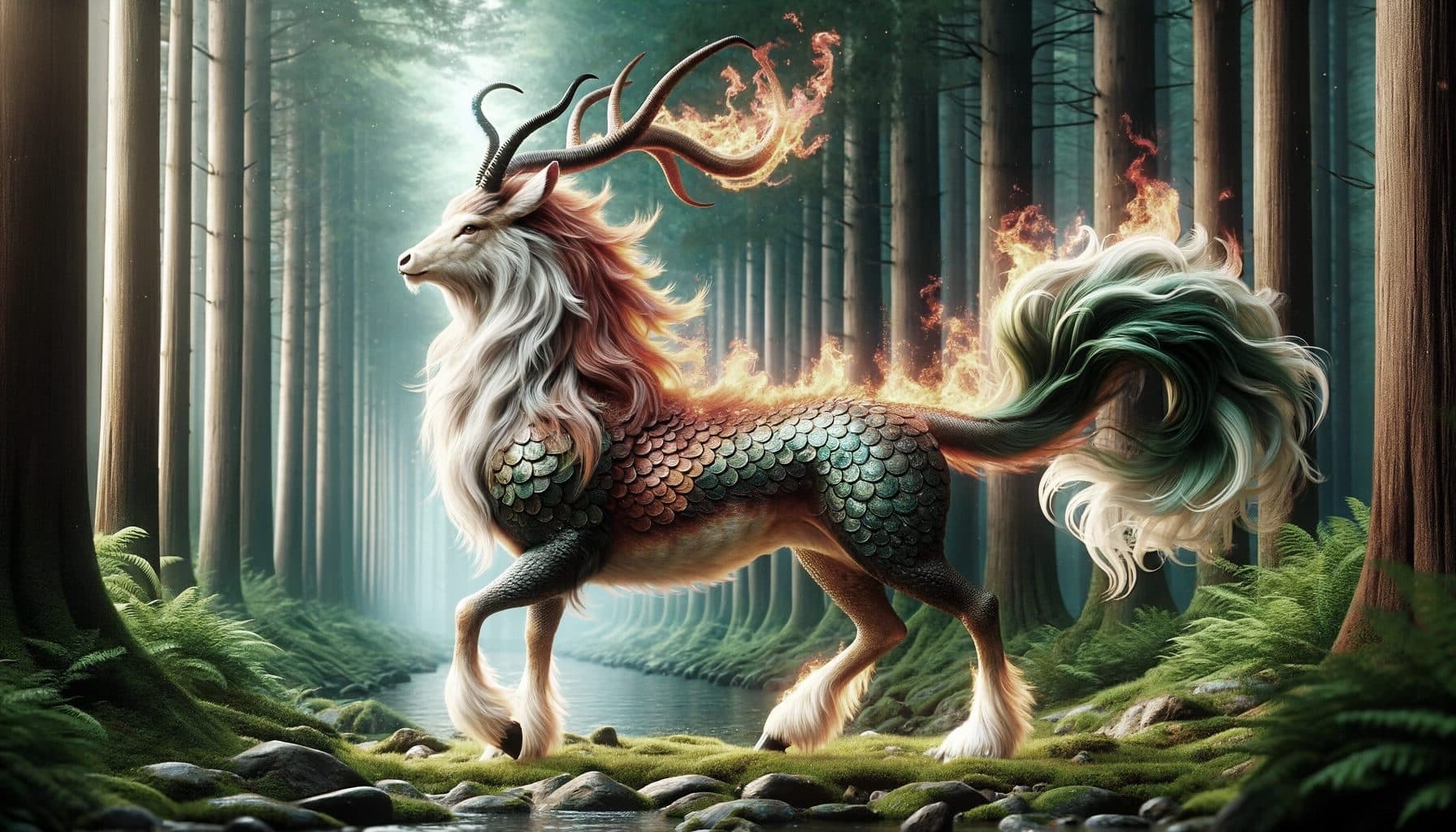
Folklore is a rich tapestry of stories, customs, and beliefs passed down through generations. Ever wondered why certain tales or traditions persist in different cultures? Folklore offers a glimpse into the values, fears, and dreams of people from various backgrounds. From mythical creatures to age-old rituals, these narratives shape our understanding of the world. They connect us to our ancestors and provide a sense of identity. Whether it's the legend of King Arthur, the trickster tales of Anansi, or the haunting myths of the Banshee, folklore continues to captivate and educate. Ready to dive into 25 fascinating facts about folklore? Let's get started!
What is Folklore?
Folklore encompasses the traditions, stories, and customs passed down through generations. It includes myths, legends, fairy tales, and cultural rituals. Let's dive into some fascinating facts about folklore from around the world.
Origins and Definitions
Understanding the roots and meanings behind folklore can provide insight into its significance.
- The term "folklore" was coined in 1846 by William Thoms, an English antiquarian.
- Folklore is derived from the German word "Volkskunde," meaning "people's knowledge."
- It encompasses both oral traditions and written literature.
- Folklore often reflects the values, beliefs, and norms of a community.
Types of Folklore
Folklore isn't just about stories; it includes various forms and genres.
- Myths explain the origins of the world and natural phenomena.
- Legends are semi-true stories passed down as historical events.
- Fairy tales are fictional stories often involving magical creatures.
- Folktales are traditional narratives shared among a community.
Folklore Around the World
Different cultures have unique folklore that reflects their history and environment.
- In Japan, the "Yokai" are supernatural creatures that can be both malevolent and benevolent.
- Native American folklore includes the trickster figure, often represented by Coyote.
- African folklore features Anansi, the spider, known for his cunning and trickery.
- Norse mythology includes gods like Odin and Thor, who play central roles in their legends.
Folklore in Modern Culture
Folklore continues to influence contemporary media and entertainment.
- Many Disney movies are based on traditional fairy tales.
- Urban legends are modern folklore, often involving mysterious or supernatural events.
- Folklore inspires video games, such as "The Legend of Zelda" series.
- Popular TV shows like "Supernatural" and "Grimm" draw heavily from folklore.
Folklore and Festivals
Festivals around the world celebrate folklore and keep traditions alive.
- The Day of the Dead in Mexico honors deceased loved ones with altars and offerings.
- Halloween has roots in the Celtic festival of Samhain, marking the end of the harvest season.
- Diwali, the Hindu festival of lights, celebrates the victory of light over darkness.
- The Chinese New Year features the legend of Nian, a monster warded off by fireworks.
Folklore and Superstitions
Superstitions often stem from folklore and influence daily life.
- Breaking a mirror is said to bring seven years of bad luck.
- Finding a four-leaf clover is considered a sign of good fortune.
- Knocking on wood is believed to prevent bad luck.
- Black cats are often associated with witches and bad omens.
Folklore and Moral Lessons
Many folklore stories convey moral lessons and ethical teachings.
- Aesop's Fables, such as "The Tortoise and the Hare," teach valuable life lessons through animal characters.
Folklore's Fascinating World
Folklore offers a treasure trove of stories, traditions, and beliefs that shape cultures. These tales, passed down through generations, reveal much about human nature and societal values. From mythical creatures to moral lessons, folklore provides a window into the past while influencing the present.
Understanding folklore helps us appreciate the diversity and richness of different cultures. It connects us to our ancestors and fosters a sense of community. Whether it's the trickster tales of Africa, the fairy tales of Europe, or the legends of Native American tribes, each story carries unique wisdom and charm.
So next time you hear a folk tale, remember it's more than just a story. It's a piece of history, a cultural artifact, and a testament to the creativity and resilience of people everywhere. Dive into folklore, and you'll find a world full of wonder and insight.
Was this page helpful?
Our commitment to delivering trustworthy and engaging content is at the heart of what we do. Each fact on our site is contributed by real users like you, bringing a wealth of diverse insights and information. To ensure the highest standards of accuracy and reliability, our dedicated editors meticulously review each submission. This process guarantees that the facts we share are not only fascinating but also credible. Trust in our commitment to quality and authenticity as you explore and learn with us.


